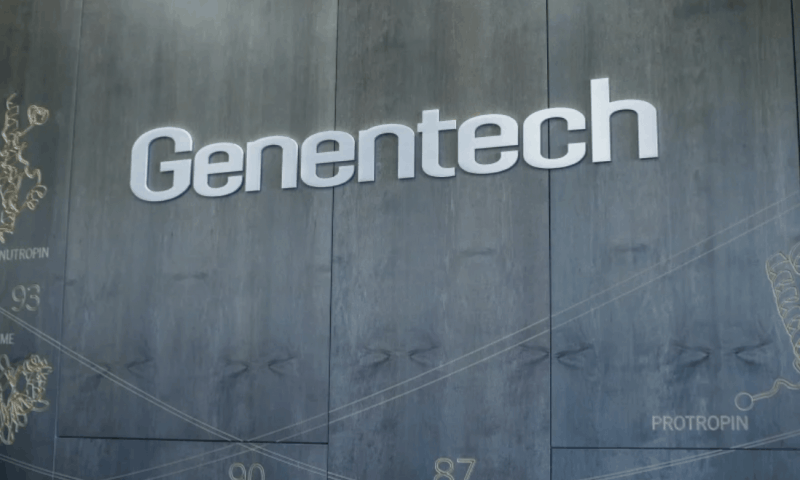Genentech and Roche have partnered with the University of California (UC), San Francisco and UC Berkeley to work on neuroscience drugs. The Roche subsidiary has committed up to $53 million to collaborate with the academics on areas such as neurodegeneration over the next 10 years.
The genesis of the collaboration dates back to 2019, when UCSF, UC Berkeley and the University of Washington teamed up to create the Weill Neurohub. Through the joint research collaboration, the partners sought to bring together scientists working on different disciplines relevant to disorders of the brain and central nervous system. Many such disorders have proven hard to treat, making the space an area of significant unmet medical need.
Bringing Genentech and Roche on board gives the Weill Neurohub funding and additional expertise, notably in areas such as disease biology, translational science and drug development, where biopharma is often stronger than academia. Ehud Isacoff, Ph.D., the Evan Rauch Chair in Neuroscience at UC Berkeley, has high hopes for the alliance.
“What I am hoping for is that some of these things lead to a breakthrough where, eventually, we are looking back a decade or two from now and saying, ‘Holy moly! That is when we turned the corner on neurological disease.’ That’s the dream,” Isacoff said in a statement.
Initial areas of focus include neurodegeneration, CRISPR-based therapeutics, sleep mechanisms and circuits, protein degradation and functional genomics in human brain cells. More specifically, the partnership will fund work on biomarkers of disease progression and treatment efficacy, molecular pathways of protein breakdown that drive disease, and genetic and protein profiles associated with CNS disorders.
Stephen Hauser, M.D., a UCSF professor who will co-chair the joint steering committee for the partnership, said the collaboration “is not about picking off the low-hanging fruit.” Rather, Hauser wants to provide the long-term investment and support needed to transform neurological and psychiatric disease.
Editor’s note: This article was updated to clarify that Genentech and Roche are involved in the research. Genentech is funding the collaboration.

